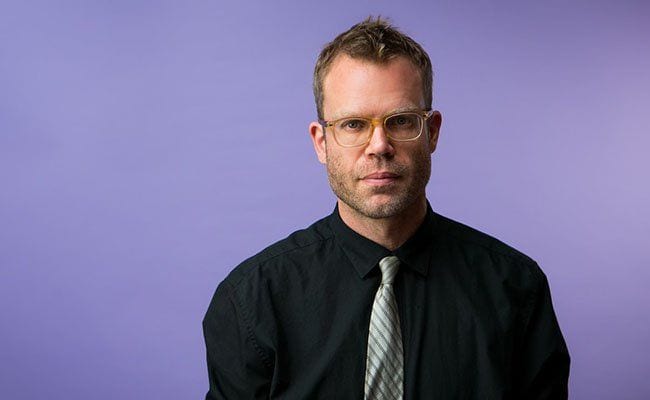
Josh Haden returns with Carolina, the sixth album from Spain. Haden’s ability to seamlessly marry the poetic and the historical marks him as a true artist, a man of considerable heart and insight. He can be impressionistic, floating across time with an uncommon ease. He fuses the lived and the imagined across these 10 songs, taking us to Southern California in the 1970s, to present day New York state, to the dusty, open-sky terrain of the great plains across generations, and to the center of a heart that breaks and swells and hurts and celebrates just like our own.
There’s a reliance on acoustic guitars throughout with steel guitar, banjo, and violin helping to evoke images of dusty roads, wind-torn houses, and desolate highways. These are songs that don’t just feel inhabited—they often feel haunted. An appropriate sense of tragedy presides over “The Depression” and “One Last Look”, the latter telling the story of the 1968 Farmington Mining Disaster, an event that killed 78 workers in a West Virginia coal mine. There, and during the opening “Tennessee”, a multi-generational family drama worthy of novelization, we feel almost frozen in time, living in the skin of the characters Haden sings about. It is remarkable and uncomfortable, and one can only admire the ease and economy with which he creates these worlds.
“Apologies”, probably the most effortlessly beautiful track, eases its way into the world, relating one of those moments where time and intentions become tangled, after which nothing can be the same. “In My Hour” intersperses impending disaster and destruction with a plea for love without flinching. “Battle of Saratoga” is a road diary of sorts and, like “Tennessee” before it, a piece in which the listener is moved through time, from war to a musician seeking a cup of coffee between sets and working his way through that strange, twilight feeling that comes in those darkened rooms where music gets made.
Haden’s helped by Kenny Lyon on several instruments, Danny Frankel on drums, and Haden’s sister, Petra, on violin and vocals. Although it’s impossible to say that having such a small ensemble helps the record retain its intimate sound, one likes to believe that it does. There’s a closeness in these songs, in the notes, in the themes and feelings that makes you believe that music can convey truth and that this music was born to do just that.
What may not be conveyed in any discussion of this record is how uplifting it can be, no matter the subject matter of its parts. There’s something about hearing music delivered with clarity and conviction, something about hearing lyrics that say something previously unspoken that has to carry us out of the darkness.
It’s not impossible to find records made with this kind of intelligence, but it’s becoming increasingly rare. We have to be thankful, then, for music like this, music that nourishes us in all the right ways, that makes us think and takes us outside ourselves, where we can see the world in greater detail and contemplate our place in it. Have we done the right things? How can we?

